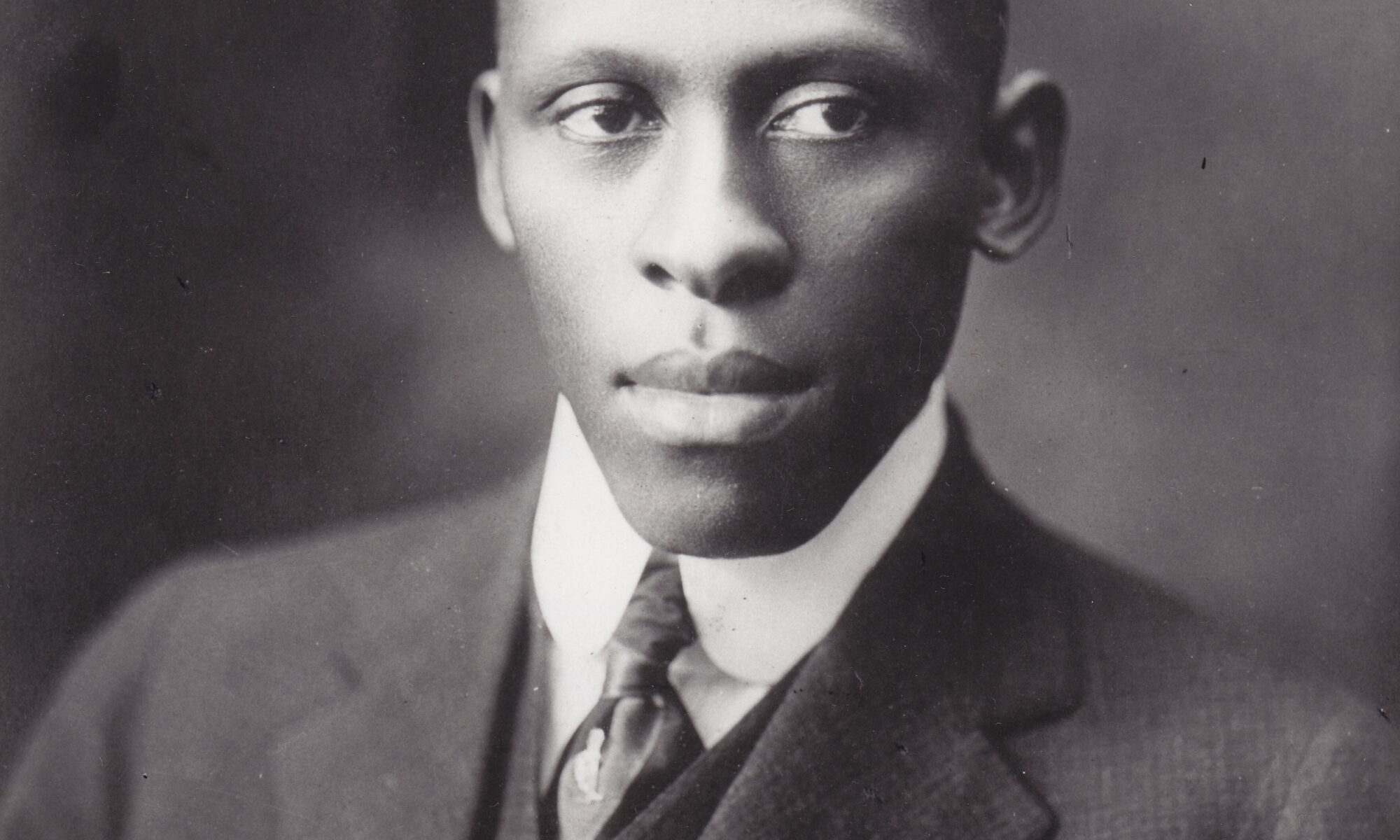Thomas Monroe Campbell was born in Bowman, Georgia, on 1 February 1883 to Susan Campbell and William A. Campbell, a tenant farmer and itinerant Methodist preacher. He started school at Tuskegee Institute in 1899 at age 16 and, after graduating in 1906, he became the first Black Extension Agent in the country and worked at Tuskegee for 47 years (“Tuskegee Institute’s Farm Leader Dies”). He was selected following graduation by Tuskegee’s Booker T. Washington and George Washington Carver, to operate the farm demonstration wagon, which Campbell rode throughout Macon County, teaching Black farmers better farming practices. This wagon became known as the “moveable school” and was the precursor to the national Cooperative Extension Service formed in 1914. Soon after having been appointed to his new role with the moveable school, in 1910, Campbell was sent to Iowa State College by the U.S.D.A. to conduct summer graduate coursework in agricultural extension. This coursework would strengthen his knowledge of agricultural extension methods that could be applied on the job with farmers in the South (Jones, 1979). The 1 June 1911, he married Ann (aka Anna, aka Annie) Marie Ayers in Tuskegee, Alabama, where the couple subsequently raised five children.
During his time with the Extension Service, Campbell’s job and territory grew from county agent to head of extension in Alabama, and finally, in 1918, only 12 years after his first appointment in the new service, to field agent of the lower south, a job he held until 1953 (“Tuskegee Institute’s Farm Leader Dies”). It was during his time as a Field Agent of the Agricultural Extension Department, U.S.D.A., in 1935, that Campbell, along with at least 21 other Black professionals who had been ISC Students, attended the Iowa State College Alumni Banquet held for Frederick D. Patterson’s inauguration as President of Tuskegee.
By the 1930s, from the 16 year-old boy who had shown up at Tuskegee with only one year of education under his belt, Campbell had grown to be one the nation’s leaders in agricultural extension, becoming well known throughout the state of Alabama, the South, and the nation. In 1930, Campbell received a William E. Harmon Foundation Award for Distinguished Achievement Among Negroes for his contributions in the field of farming and rural life, the first person ever to receive a Harmon award in this field (Jones, 1979). According to Allen W. Jones, Campbell’s distinguished career included many honors. In the 1930s ad ’40s, alone, the recognitions of Campbell’s expertise and talents were numerous:
Governor Bibb Graves of Alabama recognized Campbell’s leadership by commissioning him the official Alabama delegate for “National Negro Day” at the Pacific International Exposition. Campbell was sent as a delegate to the American Farm Bureau Federation meeting in Chicago in 1933, the Negro Leaders’ Agricultural Conference in Washington in 1936; the International Council of Religious Education meeting in Columbus, Ohio, in 1938, and the National Nutrition Conference called by President Franklin Roosevelt in 1940. In 1938 Campbell was elected to membership in the Eugene Field Society, a national association of authors and journalists, in recognition of his “literary skill and craftsmanship.” The honor was based upon his numerous journal and newspaper articles and the publication of his book, The Movable School Goes to the Negro Farmer, in 1936. (Jones, 1979, p. 54).
Always a supporter of organizations in his community, especially those that helped young African Americans, Campbell was appointed to the National Advisory Committee for Community Service Projects by First Lady Eleanor Roosevelt in 1940 as America’s entry into World War II loomed. During the war, he served as “consultant in the southern states to the National Organization of the War Bond Committee by the U.S. Treasury Department” (Jones, 1979, p. 55). So-called “Negro Deputies” were Treasury Department appointees who sold war bonds to Black farmers and rural families, or developed strategies to do this, in the South. Campbell served with fellow Iowa Staters Preston S. Bowles of Alcorn A & M College, Alcorn, Mississippi, and Lonnie Marshall, of Florida A & A College, Tallahassee, Florida. Thomas M. Campbell died in Montgomery, Alabama, 8 February 1956.
Sources
Photo credit: Possibly the United States Department of Agriculture – National Archives, Maryland Scanned by Audra M. Akins, Public Domain, https://commons.wikimedia.org/w/index.php?curid=66232671
Jones, Allen W. (1979, January). Thomas M. Campbell: Black agricultural leader of the New South. Agricultural history, 53.1, 42-5
Tuskegee Institute’s farm leader dies after 47 years of outstanding service. (1956, February 12). The Montgomery advertiser. Reprinted in Alabama Department of Archives and History. Ancestry.com. Alabama, U.S., Surname Files Expanded, 1702–1981 [database on-line]. Provo, UT, USA: Ancestry.com Operations, Inc. Accessed 31 December 2021
